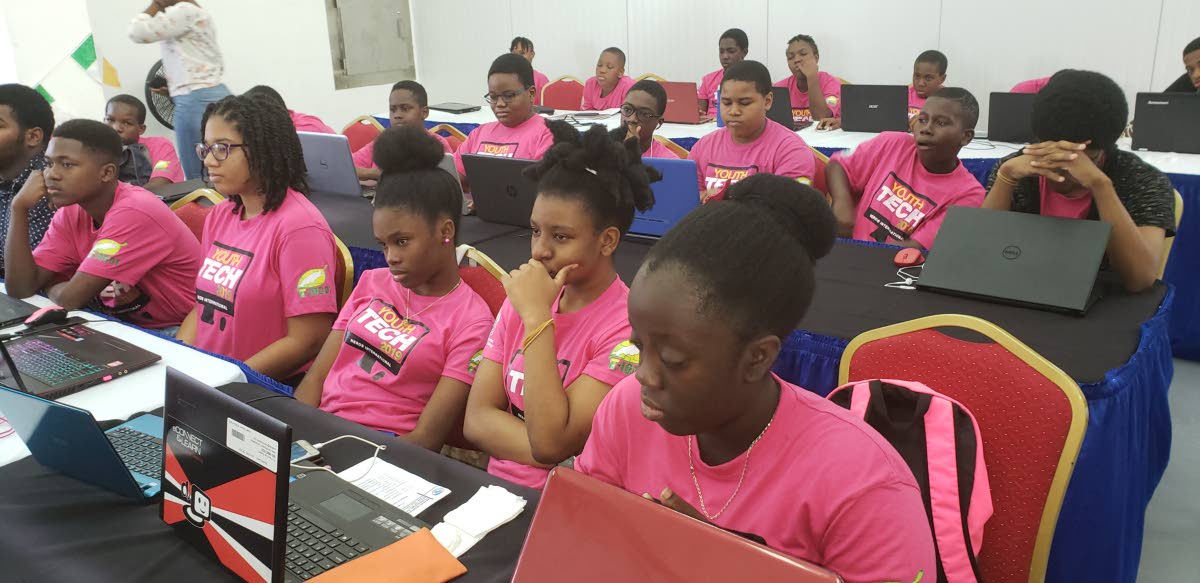
Students are generally passive when talking about the law, but Ellie, a sophomore at CUNY’s John Jay College of Criminal Justice, leapt into the discussion of the constitutionality of capital punishment in my death-penalty course. When she eviscerated the Supreme Court ruling upholding Texas’ death penalty law, I knew I had met a special student. On the midterm, she earned the highest grade anyone had ever gotten on the exam. Later, I learned that she had scored 1,480 on her SAT. Ellie wanted to be an attorney; it seemed inevitable that she would end up at an Ivy League law school. She had a prodigious, nimble intellect and, as I saw it, a limitless future.
Ellie also had an 8-year-old son, whom she was raising on her own; an alcoholic, depressive father; and a mountain of debt. She had the strangest college transcript I had ever seen: straight A’s and straight F’s, with the exception of a single B-plus in English, which would have been an A but for the professor’s strict attendance policy that penalized anyone who missed more than three classes. In fact, all of her failing grades came from violations of draconian absence and lateness rules. When her son had a health crisis, she began to miss class more frequently, and she received five F’s.
If Ellie had gone to an elite private college, her absences would have been accommodated. In my seven years as a student and teaching fellow at Harvard, I never knew of anyone who was denied an extension for any reason. But the students I teach are the ones who need flexibility. About half of CUNY’s students work, and half of those students work more than 20 hours a week, as Ellie did. Fifty-four percent live in a household with an annual income of less than $30,000, as Ellie also did. The underlying problem is that the New York State financial-aid program on which an overwhelming majority of CUNY students depend doesn’t allow students to attend college part time. It also requires colleges to audit attendance or risk losing financial aid. So colleges like mine that rely on government support create a vicious conundrum: an affordable pathway to a first-rate education, but one fraught with ironclad rules ill suited for the kinds of lives that students like Ellie lead.
Even when Ellie’s life settled down, rehabilitating her record seemed too daunting, and she never returned to college. She became one of roughly 50 percent of entering CUNY students who fail to graduate within six years — around the national public-college average. Ellie, who still hopes to return to college, is a paralegal today, and no doubt the best one at her law firm. But it’s a shame that the system couldn’t help her become the superstar attorney she was meant to be.
[ Source :- Nytimes ]


















